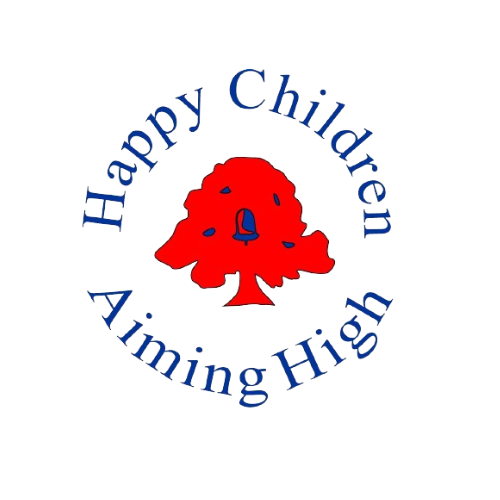Writing
Intent
Writing is an integral part of our curriculum. All of our children are provided with many exciting opportunities to develop and apply their writing skills across the curriculum. Our aim is to equip children with the skills needed to be able to orally rehearse, plan, compose, revise and evaluate their writing. We want our children to develop into confident, able writers who see the value of, and find pleasure in, the writing process. We have high expectations for all pupils within our school and endeavour to ensure that all children make good progress in their writing. Our intent is for our children to acquire a love of writing with the ability to express their thoughts, ideas and emotions clearly and creatively through the written word – for a range of audiences, purposes and genres.
Implementation
Our curriculum is organised in a progressive way, ensuring the objectives of the EYFS 2021 Handbook and National Curriculum 2014 are closely followed. Writing is evident across our curriculum and a wide range of genres are taught throughout the school. To ensure children develop a love of writing and the skills needed to be an effective writer we:
- immerse children in high-quality texts and encourage each child to think of themselves as authors.
- teach writing through a range of exciting stimuli including film clips, artefacts, visitors and meaningful real-life and first-hand experiences which we hope will excite the children and inspire them to write.
- model the writing process daily to support children’s writing and make expectations clear.
- ensure children write for a real purpose and reason.
- provide children with opportunities to develop a rich vocabulary to bring their own writing to life.
- teach Spelling, Punctuation, Grammar and Phonics explicitly and apply them to texts and their own writing.
- encourage children to use and apply their phonic knowledge in their writing.
- teach the children how to proof-read and check their writing makes sense and then, in Year 2, how to make revisions and additions so they can improve their writing.
- use a rigorous, sequential approach to teaching handwriting.
- ensure children who have gaps in their knowledge receive appropriate support and intervention.
- allow time for the children to orally rehearse their ideas for writing and to practice their vocabulary and grammar.
- use scaffolds and shared or modelled writing to support the children to develop their writing composition when needed.
- use green pen to edit written work under the instruction and guidance of an adult so that teaching opportunities are not missed.
Impact
The children at our school become enthusiastic writers who enjoy demonstrating their writing skills. They are inspired and motivated to write through an effectively planned and engaging curriculum. Well taught lessons with appropriate and ongoing feedback for each child can be seen in the progress that children make in their books. Our lessons ensure that the children engage in a dialogue about the composition process and transcription of their writing and the improvements they need to make. By taking part in regular discussions for writing and planning the finished piece and through the careful use of scaffolds, the children become able to talk confidently about their own learning journey.
After the implementation of our writing curriculum, the pupils should become an enthusiastic and competent writer, meeting the age-related expectations for their year group. The expected impact of our curriculum is that the children will:
- be able to plan, revise and evaluate their writing.
- compose effectively by articulating and communicating ideas, and then organising them coherently for a reader, with purpose.
- write down ideas fluently, depending on effective transcription: that is spelling quickly and accurately through knowing the relationship between sounds and letters and drawing on their increasingly wide knowledge of vocabulary and grammar.
- Write with fluent, legible and, eventually, speedy handwriting.
More information can be found on the Department for Education website:
